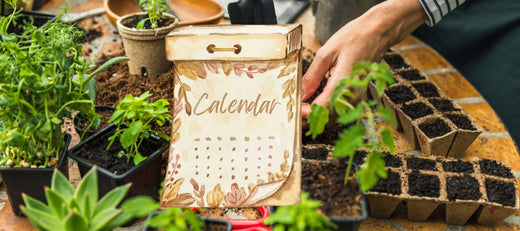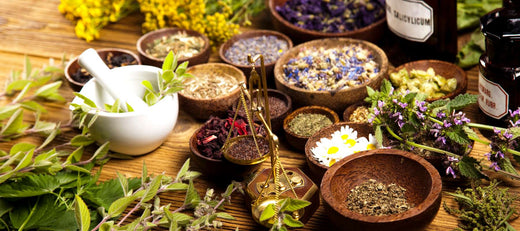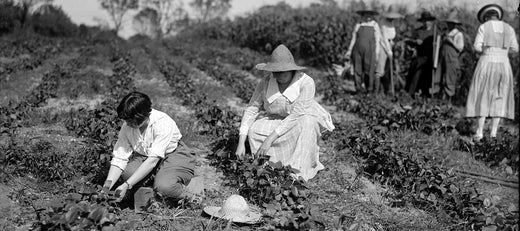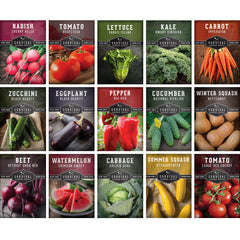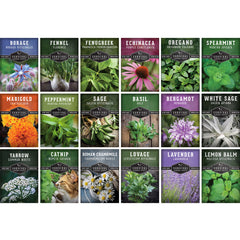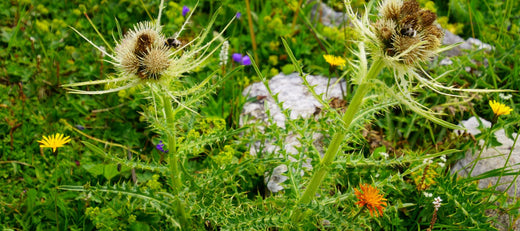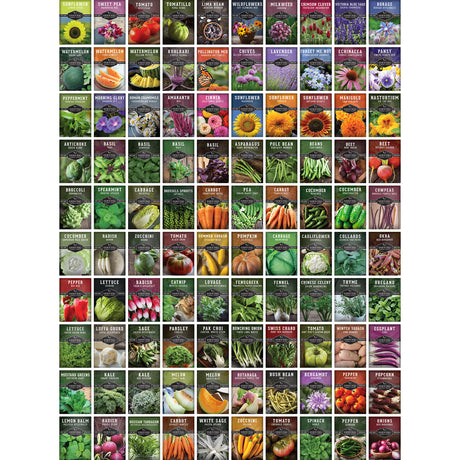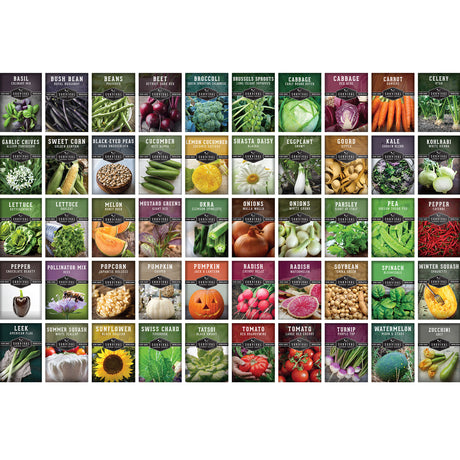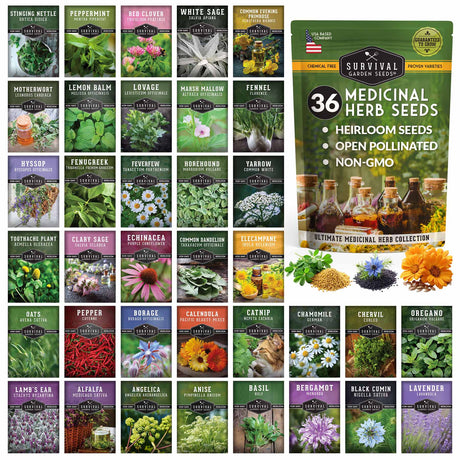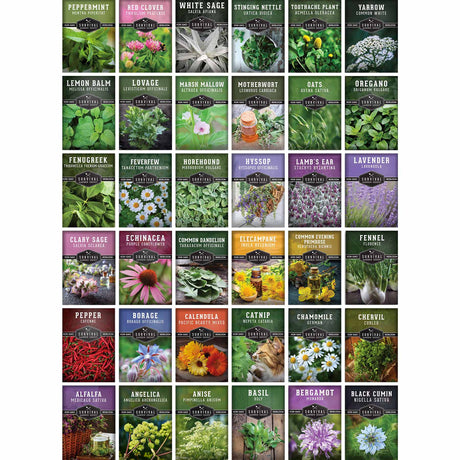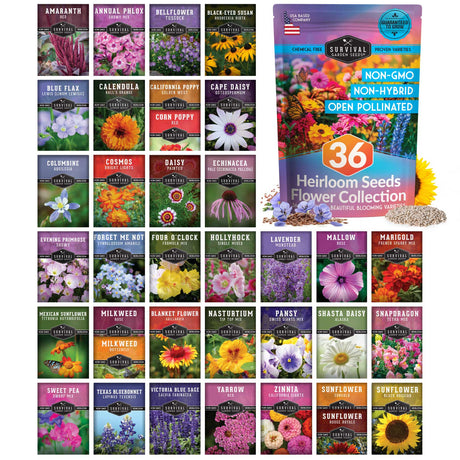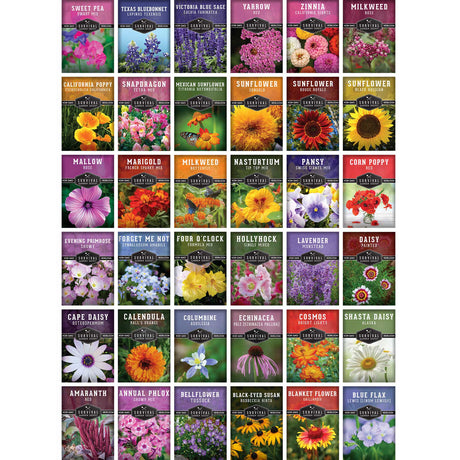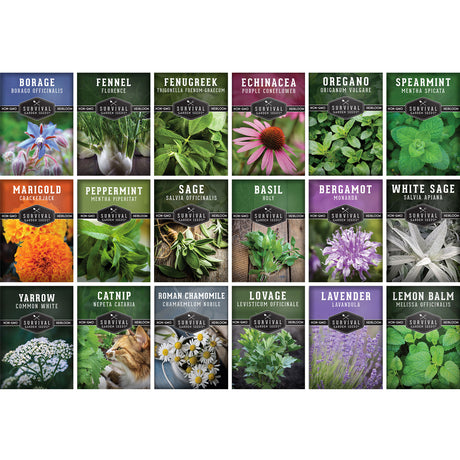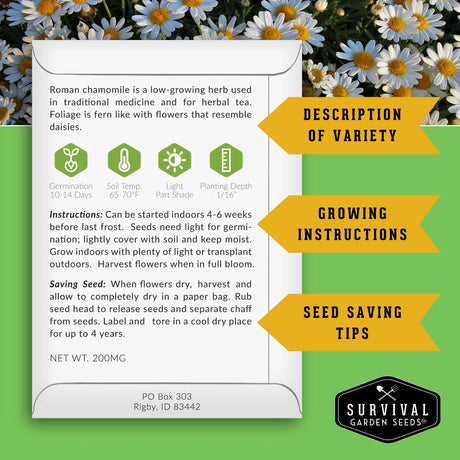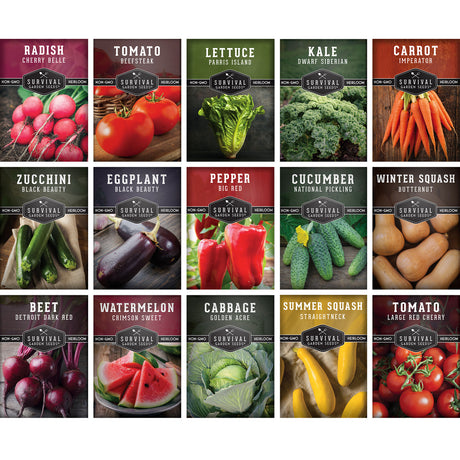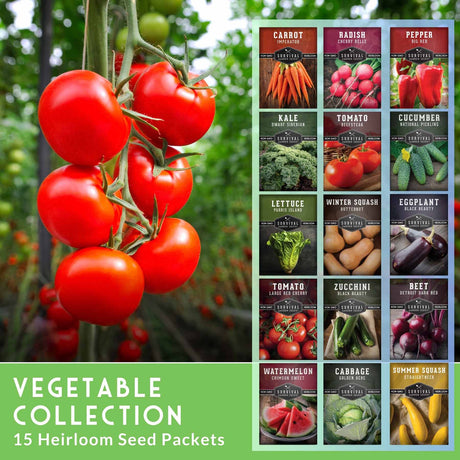As gardeners, we are taught to dislike weeds and do everything we can to keep them out of our garden. In reality, there is a lot we can learn from weeds that can help us to be more successful gardeners. Take note of which weeds thrive in your garden.
If you think about it, weeds (from the old English word weod which means uncultivated plant) are Mother Nature’s perfect garden. Before we started tilling the soil and farming, weeds were our garden. They were gathered and used as a food source for humans and animals and for creating natural remedies. Today they are a vital part of the ecosystem for preventing erosion, feeding wildlife, supporting pollinators, and probably most importantly, providing nutrients to soil and other plants.
Paying attention to the different varieties of weeds growing in and around our garden can tell us what the soil needs and inform us about the ideal crops to plant in that soil. Let’s look at a few examples of weeds and what they tell us.
Chickweed (Stellaria media)
Chickweed is an edible annual flowering plant that can be a salad crop by itself, but if it is growing in your garden it indicates an area that is full of moisture and high in nitrogen. This same environment is perfect for growing more common salad greens like lettuce and spinach.

Clover (Trifolium)
Clover is a flowering plant that is in the legume family. It grows in areas of low nitrogen and helps to restore that nitrogen to the soil. Many farmers will plant clover in the fall as a cover crop to restore nitrogen balance to their fields. If you want to grow a food crop that will do the same thing, plant bush beans or pole beans.
Purslane (Portulaca oleracea)

Purslane is a multifaceted plant that can bring immense value to your garden. This flowering succulent is edible and rich in omega-3 fatty acids and vitamin A. In addition, it makes a wonderful companion plant to vegetables. Vegetables with shorter root systems, like corn, will benefit by following the deeper roots of the purslane to pull previously unreachable nutrients from the soil. One of the main benefits of purslane is that it serves as a protective ground cover because it grows as a thick mat of foliage. Planting thick vining plants like squash, cucumbers, and watermelon can serve the same purpose.
Plantain (Plantago major)

Common plantain is another weed you may not want to remove from your garden. This broadleaf plant is thought to have been brought to North America by the Puritans. It was actually cultivated for its anti-microbial and anti-inflammatory medicinal properties. Plantain tends to grow in areas with dense, compacted soil. If you don’t want to keep plantain in your garden and would rather grow a food crop, why not try growing some beets? They are great for breaking up compact soil and are easy to grow.
Thistle (Cirsium)
There are many types of thistle. It is characterized by sharp spiny leaves and flower stems that can be painful and injure humans and livestock alike. The ribs of the leaves can be eaten, and it has been used for over 2000 years as a remedy for liver, kidney, and gall bladder conditions. It tends to grow in areas that are low in potassium and phosphorus. If you would like to grow a plant that isn’t going to hurt you when come into contact with it, try planting perennial artichokes. Since artichokes are also thistle family members, they will grow well in the same soil.
If you remove weeds from your garden and replace them with food crops, don’t throw them away! You can make a valuable fertilizer from those weeds containing the nutrients they provide for the soil.
Fertilizer Tea from Weeds
- Fill a bucket with weeds
- Cover with water
- Cover and allow to steep for at least 4 weeks, stirring once a week
- Mix 1 part weed tea with 10 parts water and water plants with this mixture about every 2 weeks (avoid watering with this tea if close to harvest)
The tea mixture may have a strong smell and avoid getting it on your hands or clothing because it will stain.
So, next time you reach down to pull that weed from your garden, pause and reflect on what it is trying to tell you. Become a more successful gardener by learning from the weeds.


